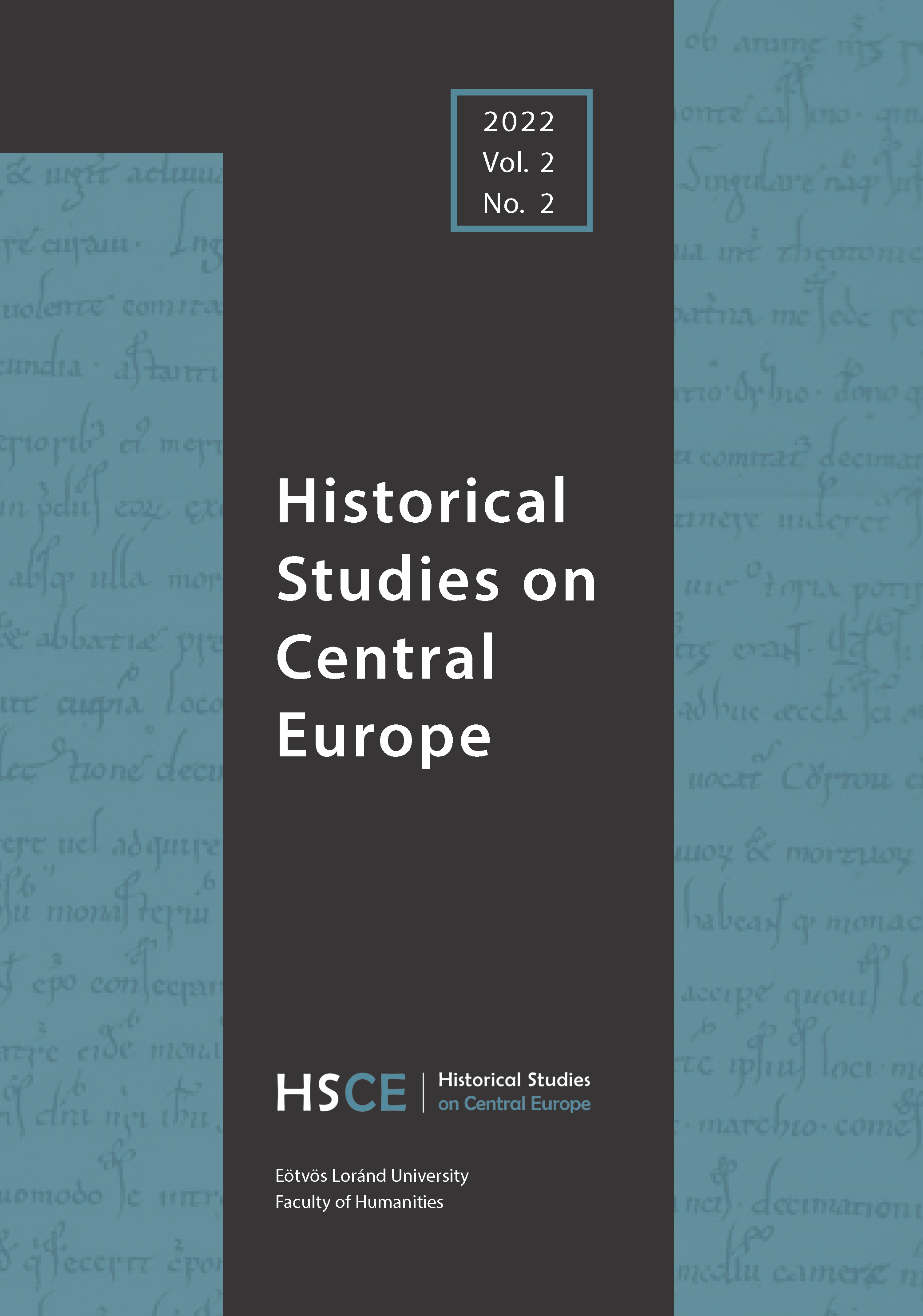The Fasting of Others: Constructing Interreligious Boundaries Through Bodily Practices in Christian Discourses Around 1600
Published 22-12-2022
Keywords
- Fasting [Catholic, Orthodox], bodily practices, religious identity, Poland–Lithuania
How to Cite
Copyright (c) 2022 Iryna Klymenko

This work is licensed under a Creative Commons Attribution-NonCommercial 4.0 International License.
Abstract
As cultural historians have shown, various discourses about food and eating are correlated with processes of religious identity construction within European pre-modern societies. This article focuses on such a relationship between bodily and structural contexts during the transformative phase of the late sixteenth century in the Polish–Lithuanian Commonwealth. A selection of exemplary polemical sources of Roman Catholics and Orthodox Christians illuminates the significance of fasting for the semantical constructions of religious collectives in times of societal upheaval. Regarding the increasingly uncertain circumstances due to the union of the Church, this paper argues that religious elites revolved around norms of fasting, which represented a semantic means of defining and defending their respective collective selves, their political claims, and legitimation in relation to a collective Other. Considering bodily practices such as fasting to be a methodological lens, the paper attempts to develop a novel perspective on the study and understanding of religious ordering in early modern European contexts.

